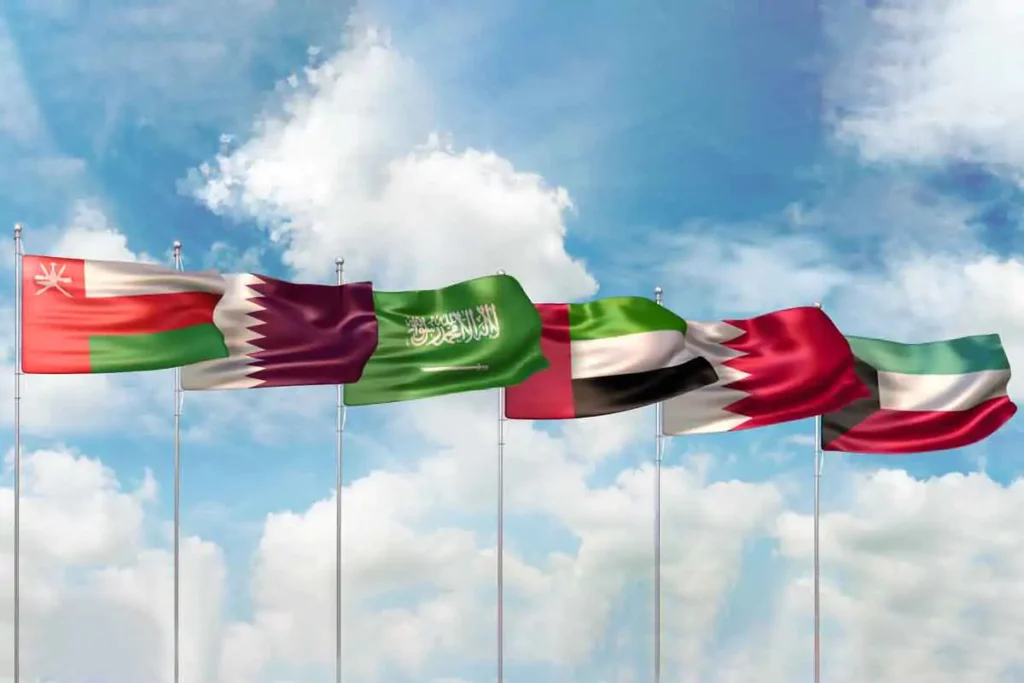Arabic communication is critically important for embassy employees in the Gulf Cooperation Council (GCC) countries for several reasons. The GCC includes six member states—Saudi Arabia, the United Arab Emirates, Qatar, Oman, Kuwait, and Bahrain—where Arabic is the official language. Here’s why Arabic communication skills are essential for embassy staff working in the region:
- Arabic is not just a language, but a crucial element of the cultural identity in the GCC region. Embassy employees need to understand cultural nuances, traditions, and social norms, which are often conveyed through the Arabic language.
- Embassy employees often help nationals who encounter problems, such as legal issues, accidents, or personal matters, in the host country.
- Effective communication in Arabic helps embassy employees expand their network in both professional and social circles.
- Many diplomatic issues involve subtle and culturally sensitive topics. Understanding Arabic allows embassy employees to navigate these situations without risking offense or misunderstanding, which is crucial for successful diplomacy.
- Strong diplomatic relations often rely on personal interactions, and speaking Arabic can help forge better relationships between embassy staff and local government officials, business leaders, and the general public.
- Embassy staff who speak Arabic can better communicate with the local population, which fosters a positive image of their embassy and home country.


